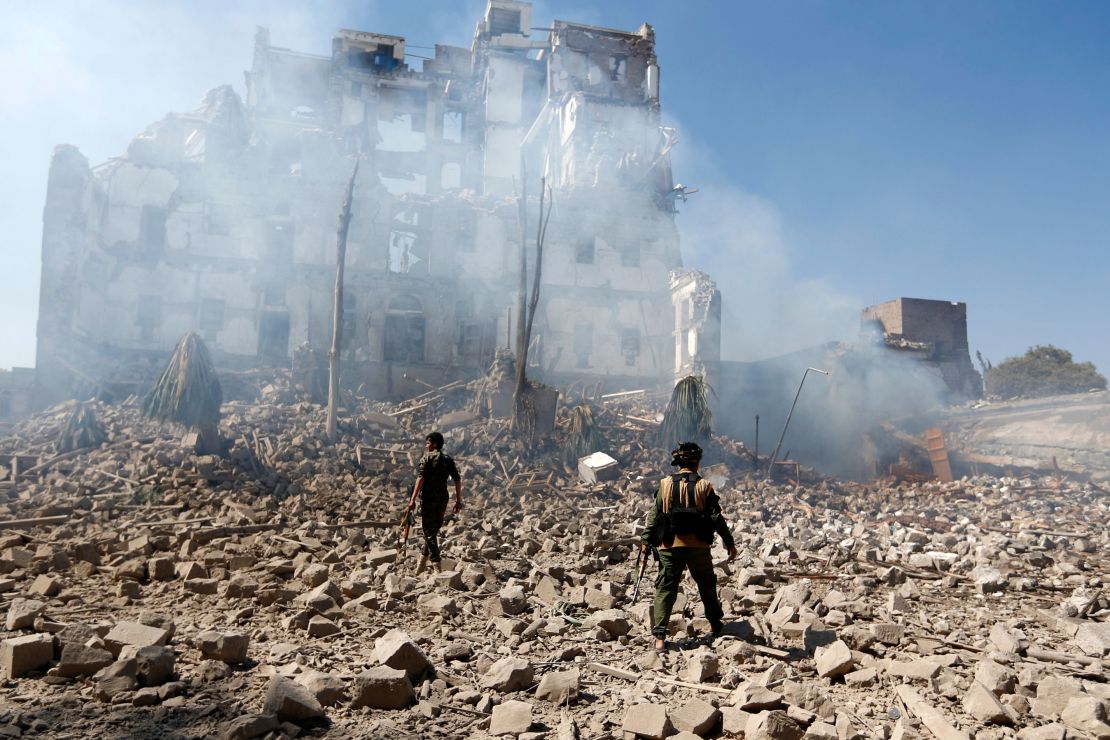
International Monetary Fund chief Kristalina Georgieva on Thursday drew attention to the suffering in Yemen and Sudan, both plagued by civil wars and often overshadowed by the plight of other countries.
“When we have these highly visible wars like the one in Ukraine, like the one in Gaza… they overshadow the pain and suffering that is happening in other places,” Georgieva said during a press conference.
She added: “But rest assured: for us at the Fund, all members are benefiting from our support and our attention as difficult as conditions may be.”
At the same time Georgieva noted the strength of economies in the Middle East, despite the impact of Israel’s war against Hamas in Gaza and the attacks of Yemen’s Huthi rebels on maritime traffic in the Red Sea.
“Jordan has shown remarkable resilience, and so is Egypt,” she said.
The IMF had revised its growth forecast for the Middle East down by 0.7 percentage points, said Georgieva.
She also praised Argentina, where inflation “is going down a little faster than we initially expected.”
More broadly, she applauded governments in Latin American for effectively managing their economie s.
“Countries have taken to heart getting their monetary policy in order and many countries in Latin America were faster in tackling inflation than the rest of the world,” she said.
Turning to the global economy, Georgieva again urged fiscal restraint in order for governments be ready for the next big crisis.
“We have long advocated that while central banks pursue return to inflation to target, they can use some help from the fiscal side,” she said.
“Now, fiscal restraint is becoming even more important in its own right because fiscal capacity is exhausted in most countries, and that is dangerous.”
The IMF has been encouraging governments to increase their tax revenues to invest in the fight against global warming.
She added: “We recognize one size does not fit all… and the speed of consolidation would vary depending on country circumstances.
“So we’ll also (need) the balance between mobilizing revenue and improving spending efficiency.”
On Tuesday, the Fund updated its annual report on the state of the world economy and said it anticipates global growth of 3.2 percent this year, up slightly compared to its previous estimate.
